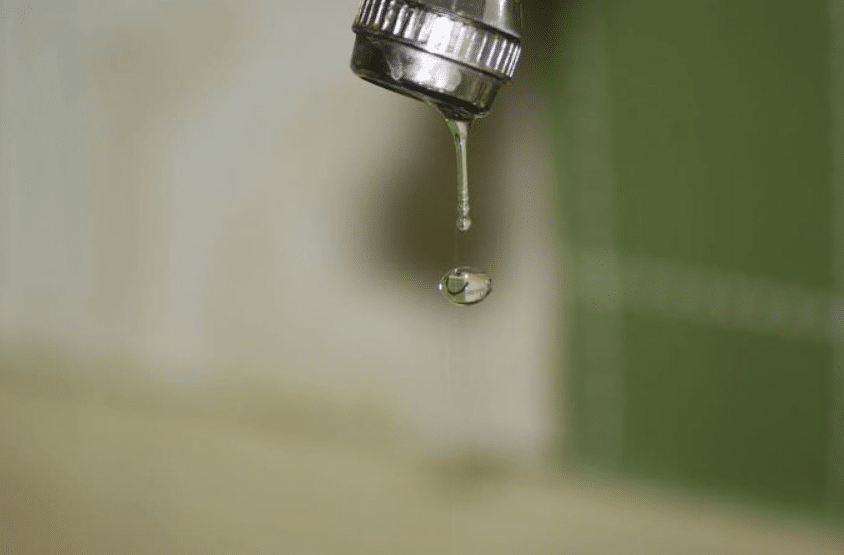The Residential Common Common Factors of Leakage: In-Depth Analysis
The Residential Common Common Factors of Leakage: In-Depth Analysis
Blog Article
How do you feel when it comes to How to Find Water Leaks?

Leakages not only create waste of water however can additionally cause unnecessary damage to your residence as well as promote undesirable organic development. Water leakages could go unnoticed because most of the pipework in our residence is concealed. By understanding and looking for day-to-day circumstances that trigger leakages, you can protect your home from future leaks and unneeded damage. Today, we will consider 6 leakage triggers that may be triggering your pipes to trickle.
Elbowing in origins
A lot of water leakages start outside the house rather than inside it. You could notice damp spots or sinkholes in your yard, and also that could mean that tree roots are invading water lines causing water to permeate out.
Corroded water systems
This could be the reason of discoloration or bending on your water pipes. If our plumbing system is old, take into consideration replacing the pipelines considering that they are at a higher danger of deterioration than the newer designs.
Faulty Pipeline Joints
The point at which your pipelines link is regularly the weakest web link in the waterline. Pipe joints can degrade over time, leading to water leaks. The bulk of pipeline joints are not conveniently noticeable. If you have noisy pipelines that make ticking or banging sounds, especially when the warm water is activated, your pipeline joints are probably under a lot of pressure. It is recommended to have your plumber inspect your system yearly.
Instant temperature modifications.
Severe temperature changes in our pipes can trigger them to increase and get all of a sudden. This development and also tightening might create fractures in the pipes, specifically if the temperature are below freezing. It would be best if you kept an eye on just how your plumbing works. The presence of the formerly stated situations frequently indicates a high danger.
Poor Water Connectors
Sometimes, a leakage can be brought on by loosened pipes and also pipelines that provide your devices. Usually, changing is what creates the loosened water Links. You could locate when it comes to a cleaning equipment, a tube might spring a leakage because of shaking during the spin cycle. In case of a water links leakage, you may see water running straight from the supply line or puddles around your devices.
Obstructed Drains
Clogged drains pipes might be irritating and also inconveniencing, however they can occasionally end up triggering an overflow bring about burst pipes. Keep getting rid of any kind of products that may go down your drains that could block them to prevent such troubles.
All the above are sources of leaks yet not all water leakages arise from plumbing leakages; some leaks might come from roofing system leaks. All leakages need to be fixed promptly to prevent water damage.
Leakages not just trigger waste of water but can also create unneeded damage to your home and also promote unwanted natural growth. By understanding and also looking for daily situations that create leaks, you can shield your house from future leakages as well as unneeded damage. Today, we will certainly look at six leakage causes that may be creating your pipes to leak.
At times, a leak can be caused by loosened pipes and also pipes that supply your devices. In case of a water connections leak, you might discover water running straight from the supply line or puddles around your devices.
How To Check For Water Leak In Your Home
How To Check for Leaks
The average household's leaks can account for nearly 10,000 gallons of water wasted every year and ten percent of homes have leaks that waste 90 gallons or more per day. Common types of leaks found in the home are worn toilet flappers, dripping faucets, and other leaking valves. These types of leaks are often easy to fix, requiring only a few tools and hardware that can pay for themselves in water savings. Fixing easily corrected household water leaks can save homeowners about 10 percent on their water bills.
To check for leaks in your home, you first need to determine whether you're wasting water and then identify the source of the leak. Here are some tips for finding leaks:
Take a look at your water usage during a colder month, such as January or February. If a family of four exceeds 12,000 gallons per month, there are serious leaks.
Check your water meter before and after a two-hour period when no water is being used. If the meter changes at all, you probably have a leak.
Identify toilet leaks by placing a drop of food coloring in the toilet tank. If any color shows up in the bowl after 10 minutes, you have a leak. (Be sure to flush immediately after the experiment to avoid staining the tank.)
Examine faucet gaskets and pipe fittings for any water on the outside of the pipe to check for surface leaks.
Undetected water leaks can happen without the home or business owner even realizing. If you suspect a water leak, but not able to find the source. It is time to contact a professional water leak detection service, The Leak Doctor.
How To Find a Water Leak In Your Home
https://www.leakdoctor.com/blog/How-To-Check-For-Water-Leak-In-Your-Home_AE197.html

I recently found that blog entry on Common Water Leaks In House when browsing the web. Sharing is good. You never know, you may be doing someone a favor. Thank you so much for going through it.
For best results, ring! Report this page